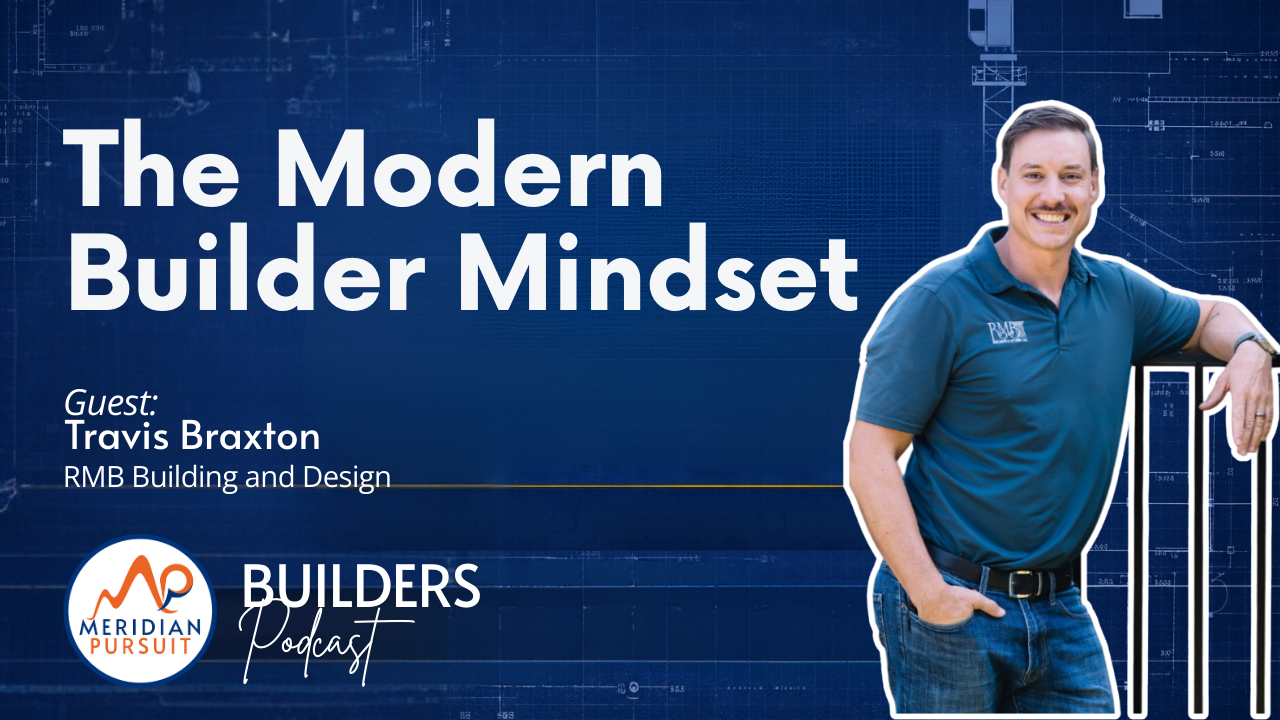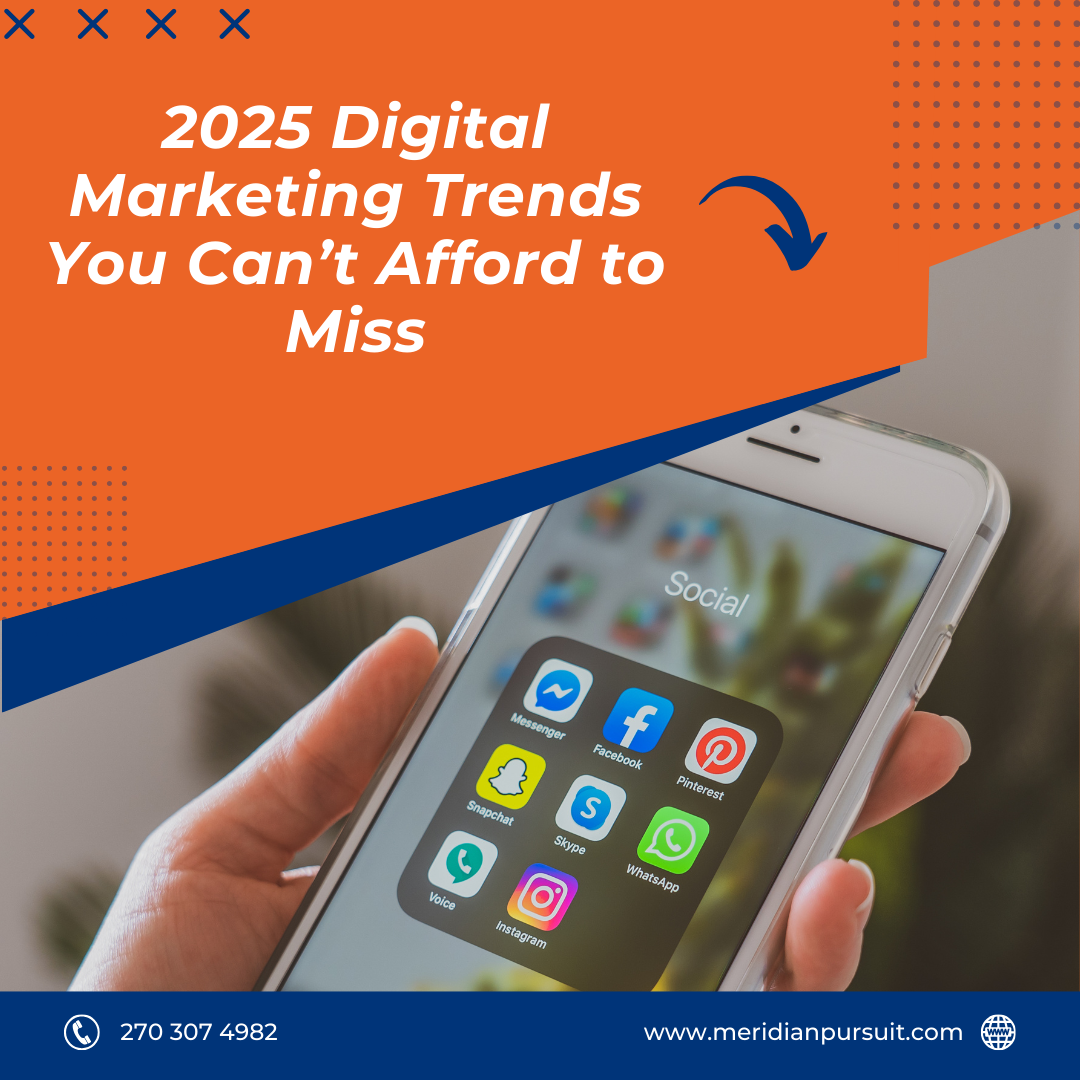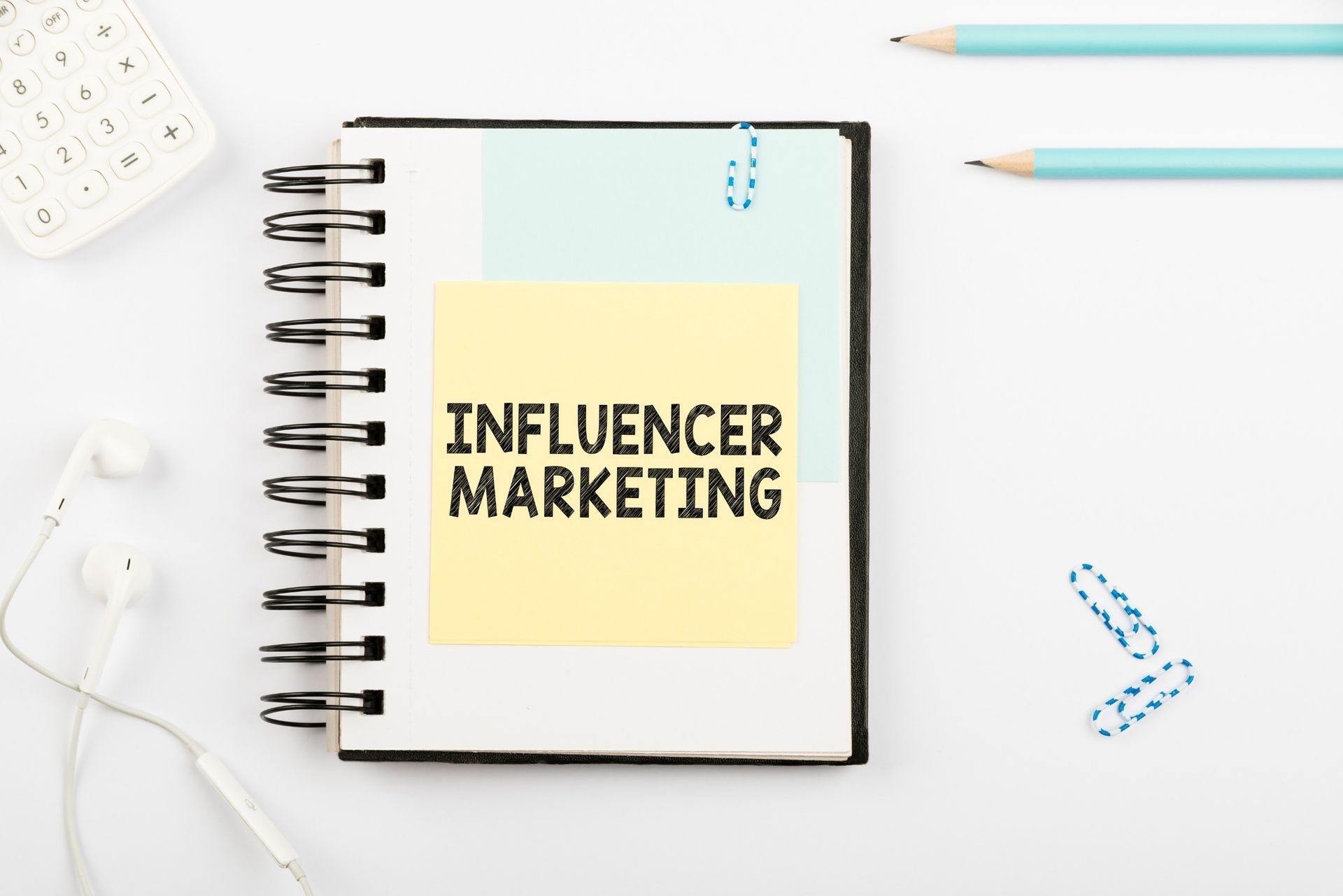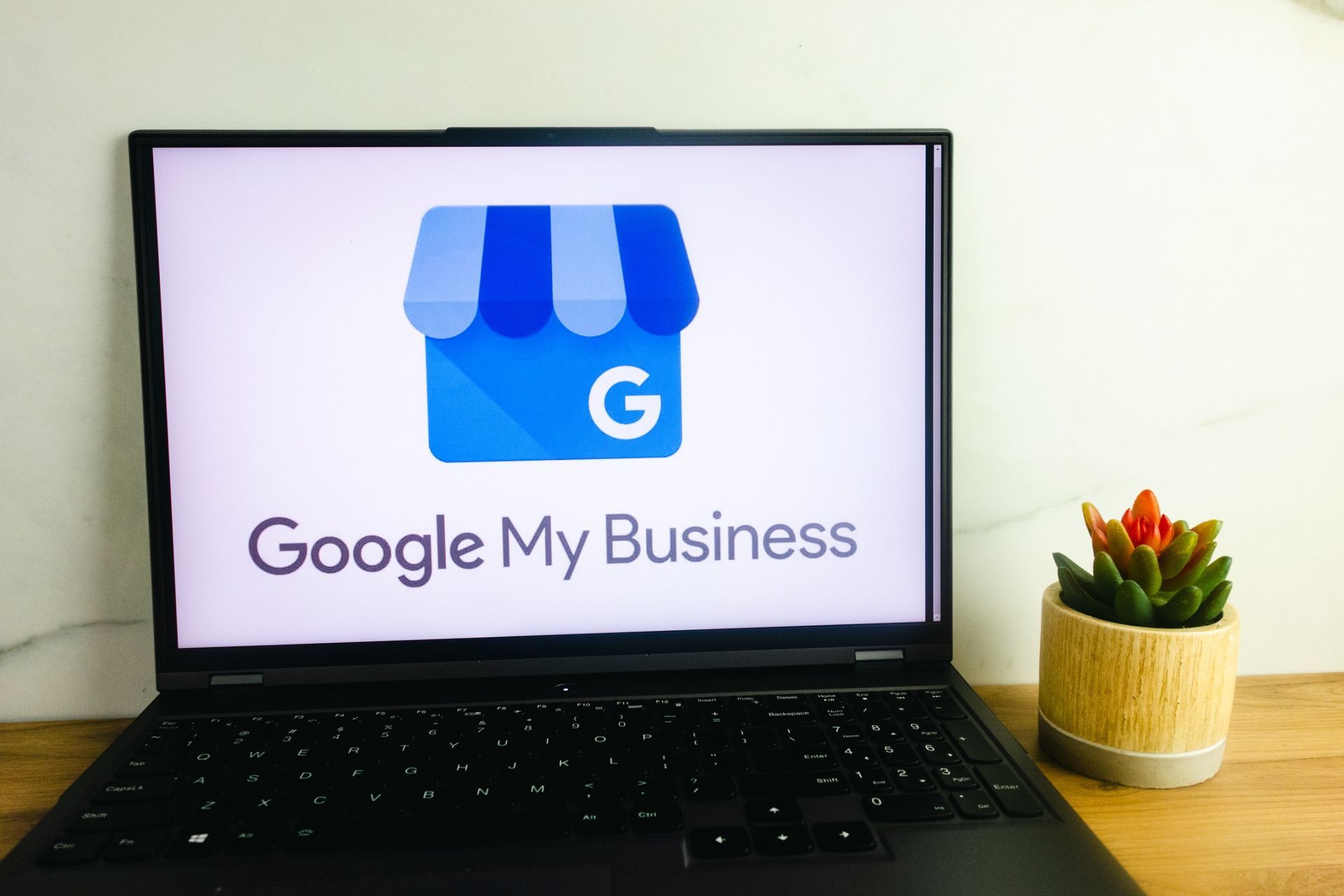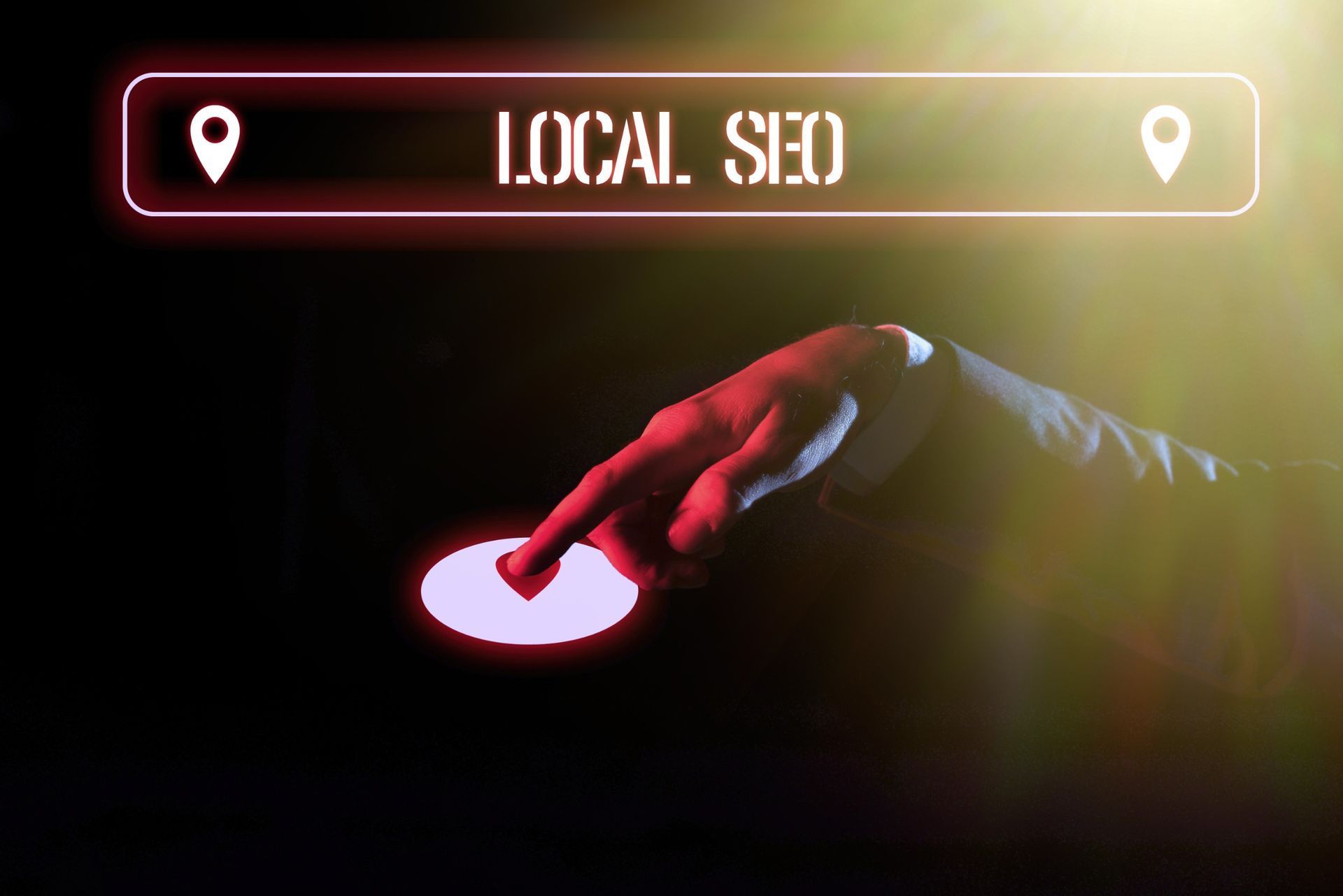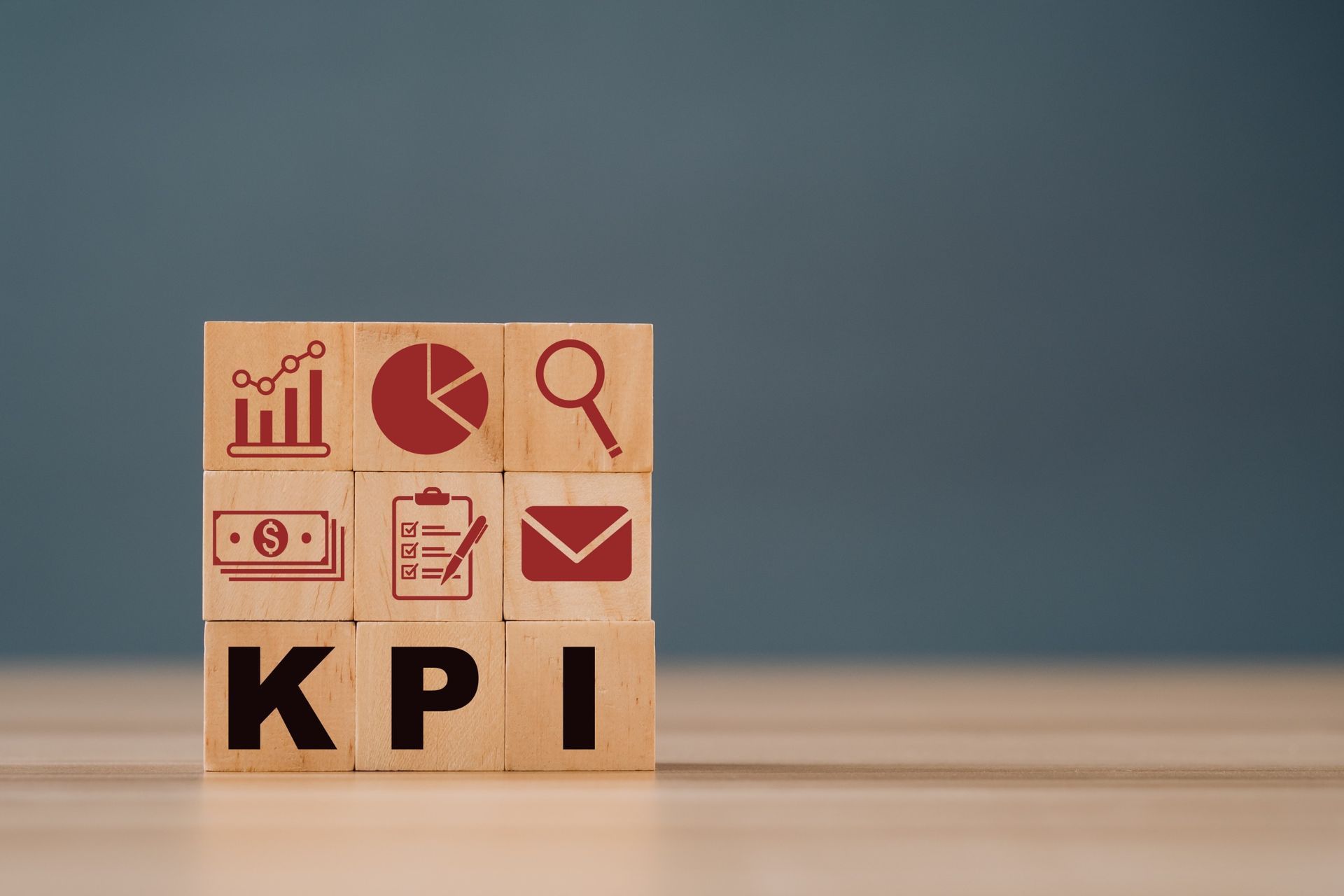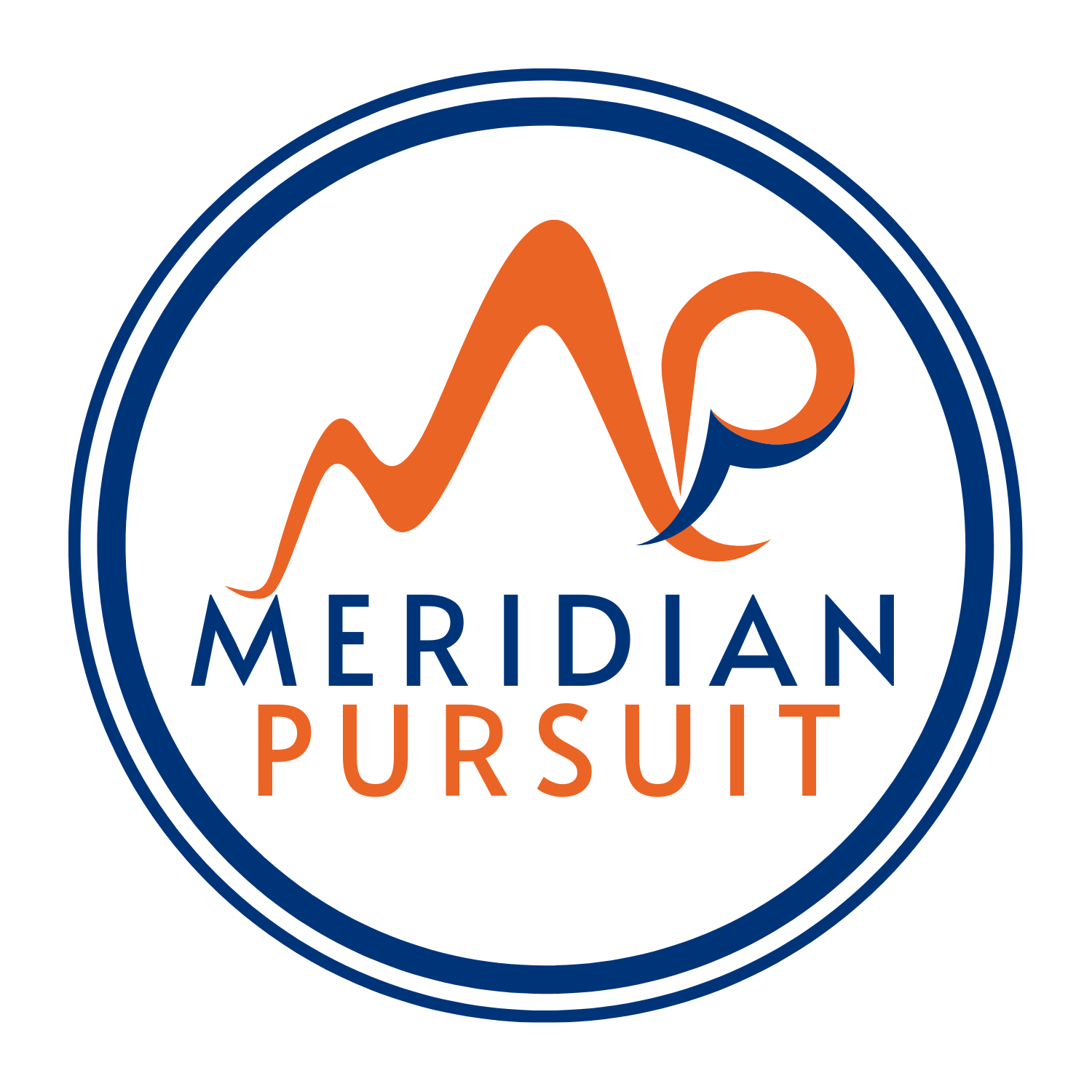SEO vs. PPC: When to Use Which Search Marketing Method for Maximum Profit
November 15, 2024
In the constantly evolving digital landscape, selecting the right search marketing strategy can be both challenging and crucial for a business's success. SEO (Search Engine Optimization) and PPC (Pay-Per-Click) are the two primary strategies that marketers use to drive traffic to their websites.
Each comes with its own set of advantages and limitations. SEO is a long-term investment aimed at increasing organic visibility, while PPC provides more immediate results through paid ads. Understanding when to effectively utilize each method can significantly impact your business's online presence and profitability. This blog post will guide you through the essentials of deciding between SEO and PPC to achieve maximum profit.
Each comes with its own set of advantages and limitations. SEO is a long-term investment aimed at increasing organic visibility, while PPC provides more immediate results through paid ads. Understanding when to effectively utilize each method can significantly impact your business's online presence and profitability. This blog post will guide you through the essentials of deciding between SEO and PPC to achieve maximum profit.
SEO Explained
SEO, or Search Engine Optimization, is crucial for improving your website's organic search visibility. It encompasses various techniques to make your content more appealing to search engines like Google. Let's break down the key elements of SEO that can significantly enhance your digital strategy:
SEO is more than just filling your content with keywords. It's about creating a seamless user experience while building a solid foundation that search engines recognize and reward. This strategic approach ensures sustained success in the digital landscape.
- Keyword Research : Identify trending keywords such as "search engine optimization," "online visibility," and "organic traffic" to target within your content. Focus on both long-tail and short-tail keywords to reach a broader audience.
- On-Page SEO : This involves optimizing individual pages on your site with relevant keywords, meta tags, and quality content. Ensure each page is aligned with the intent of your audience while maintaining a user-friendly layout.
- Off-Page SEO : Building backlinks and engaging with social media can boost your site's credibility and increase its authority in search results.
- Technical SEO : Pay attention to site speed, mobile responsiveness, and secure connections (HTTPS). These technical aspects can enhance user experience and contribute to better rankings.
Benefits of SEO
SEO offers numerous long-term benefits, including:- Sustainable traffic growth
- Enhanced brand credibility and trust
- Better ROI compared to some paid methods
SEO is more than just filling your content with keywords. It's about creating a seamless user experience while building a solid foundation that search engines recognize and reward. This strategic approach ensures sustained success in the digital landscape.
PPC Explained
PPC, or Pay-Per-Click advertising, is a form of digital advertising where businesses pay a fee each time one of their ads is clicked. It provides an effective way to gain immediate visibility on search engines and social media platforms. Below are key aspects of PPC that can enhance your marketing efforts:
PPC is perfect for businesses seeking quick wins and testing new marketing strategies. With the ability to precisely target and refine your approach, PPC ads can be a powerful addition to any marketing arsenal.
Why Use PPC?
- Immediate Results: Unlike SEO, which can take months to see results, PPC campaigns can generate traffic as soon as they go live. This makes it ideal for short-term marketing goals and promotions.
- Targeted Advertising : PPC allows you to target specific demographics, locations, and interests, making it more effective in reaching your desired audience.
- Budget Control : PPC allows you to set a budget for your campaigns, making it easy to manage your advertising spend and measure ROI.
Key Features of PPC
- Keyword Bidding: Competing for keyword placement is essential, so targeting high-performing keywords can help you stand out.
- Ad Copy : Create compelling and relevant ad copy that resonates with your audience to increase click-through rates (CTR).
- Analytics and Optimization : Use data-driven insights to continually optimize and refine your campaigns for better performance over time.
Benefits of PPC
- Quick entry into the market
- High visibility in search results
- Flexibility in targeting and budget management
PPC is perfect for businesses seeking quick wins and testing new marketing strategies. With the ability to precisely target and refine your approach, PPC ads can be a powerful addition to any marketing arsenal.
Comparing SEO and PPC
Understanding the differences between SEO and PPC is crucial for developing an effective marketing strategy. Both play significant roles in enhancing online visibility and driving traffic, but they do so in unique ways.
Cost-Effectiveness
- SEO: While it requires time and patience, SEO is generally more cost-effective in the long run. Once established, organic traffic continues to flow without ongoing expenses.
- PPC: Offers predictable ROI and easier budget management but requires continuous funding to maintain traffic levels.
Time to Results
- SEO: Typically, it takes several months to gain substantial results because it is focused on building organic prominence.
- PPC: Provides immediate results, making it suitable for companies aiming for quick traffic and short-term visibility boosts.
Strategic Integration
Employing a balanced combination of SEO and PPC can be the best approach for many businesses. While SEO builds a strong foundation for longstanding online authority, PPC can deliver rapid results in competitive markets.- Lead Generation : Use PPC to quickly test new market segments or keywords, then nurture these leads with a solid SEO strategy.
- Brand Awareness : Support a broad-reaching cybersecurity strategy by enhancing brand visibility through both organic and paid search.
- Data-Driven Adjustments : Leverage the data from PPC advertising to refine and adjust your SEO tactics, ensuring continuous improvement in both areas.
When to Use SEO
When deciding when to prioritize SEO, consider the following scenarios:
- Long-Term Growth : If your business aims for continuous organic traffic and sustainable growth over time, SEO is the ideal choice. It steadily builds your brand's authority and credibility online.
- Budget Constraints : Companies with limited advertising budgets might find SEO more cost-efficient, as its effects do not wane after the initial effort and investment.
- Content-Driven Industry : Businesses in sectors where content plays a critical role, such as blogging or education, can greatly benefit from a robust SEO strategy, which amplifies content reach organically.
Ideal Situations for SEO Integration
- Consistent Content Production: Firms consistently generating high-quality content should invest in SEO to improve search visibility and gain a loyal audience over time.
- Local Visibility : Businesses with a strong local presence can use targeted SEO strategies to drive traffic and attract leads from specific regions.
When to Use PPC
PPC advertising, or Pay-Per-Click, offers a unique set of benefits that make it a compelling choice for businesses seeking swift and targeted audience engagement. Consider implementing PPC under the following circumstances:
- Immediate Impact : Businesses looking to launch a new product or service and need instant visibility can greatly benefit from PPC's rapid traffic generation. The ability to quickly place your brand in front of thousands of potential customers is invaluable, especially in competitive markets.
- Targeted Campaigns : If your company has a clear understanding of its audience demographics and psychographics, PPC provides the precision needed to allure the desired customers. You can target by location, age, interests, and more, ensuring your ads reach the relevant audience.
- Promotion of Time-Sensitive Offers : For businesses running limited-time promotions or seasonal sales, PPC is perfect due to its quick setup and near-instantaneous results. You can drive immediate traffic to your offers, maximizing engagement during critical sales periods.
Situations for Effective PPC Use
- Event Marketing: Use PPC ads to generate buzz and drive ticket sales for upcoming events.
- Market Testing : Validate new products or services quickly in different markets without committing significant resources upfront.
- Localized Ad Campaigns : Boost visibility in specific towns or cities by using geo-targeted PPC strategies, perfect for local businesses seeking to draw in customers near their physical locations.
Looking to accelerate your online growth and maximize profit?
SEO and PPC are both powerful search marketing methods that can drive traffic to your website and increase profitability. While SEO offers long-term sustainable growth, PPC provides quick results and targeted advertising potential.
By understanding the benefits of each approach and when to use them effectively, businesses can optimize their online presence for maximum profit. Consider utilizing a combination of both strategies for a well-rounded digital marketing strategy that leverages the strengths of both SEO and PPC.
By understanding the benefits of each approach and when to use them effectively, businesses can optimize their online presence for maximum profit. Consider utilizing a combination of both strategies for a well-rounded digital marketing strategy that leverages the strengths of both SEO and PPC.

